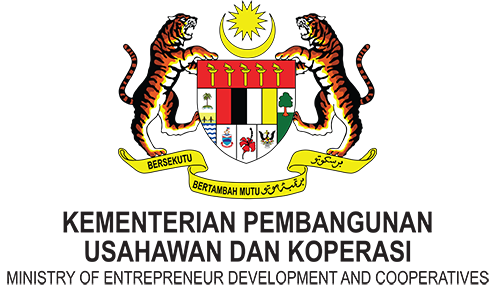THERE has been growing dynamism among small and medium enterprises (SMEs) in Malaysia but there is room for further improvement, according to World Bank Group.
The Malaysian government developed a long-term growth strategy – the SME Masterplan 2012-2020 – to influence overall SME development by focusing on six high-impact programmes (HIPs). The SME Masterplan envisioned increasing the participation of SMEs in the national economy and set ambitious targets to attain by 2020, including increasing the contribution of SMEs in national GDP to 41%, employment to 65% and exports to 23%.
In 2018, SMEs contributed RM521.7 bil to the economy, which grew at a slower rate of 6.2% versus 7.1% in 2017. The GDP contribution of SMEs increased to 38.3% in 2018 from 37.8% in 2017.
The six HIPs associated with the SME Masterplan 2012-2020 are:
- Malaysian Administrative Modernisation and Management Planning Unit (MAMPU) – integration of registration and licensing of business establishments to create a single registration point by interfacing the current National Business Registration System (MyCOID) and the National Business Licensing System (BLESS).
- Malaysia Innovation Agency (through PlaTCOM Ventures) – Technology Commercialisation Platform (TCP) to remove market barriers to innovation by providing hand holding to SMEs that have innovative ideas to proceed from proof of concept to the commercialisation stage.
- SME Corporation Malaysia (SME Corp) – SME Investment Programme (SIP) to provide early stage financing through development of investment companies which would invest in potential SMEs in the form of debt, equity or hybrid, or both.
- Malaysia External Trade Development Corporation (Matrade) – Going export (GoEx) Programme offers customised assistance to new SME exporters or those venturing into new products or markets to overcome the information barriers and to help link them to the final buyers.
- SME Corp – Catalyst Programme aims to create home-grown champions through a targeted approach, building up the capacity of the firms through support on certification, market access, entrepreneurial and human capital development and access to financing.
- Yayasan Inovasi Malaysia – Inclusive innovation to empower the bottom 40% of the income group to leverage on innovation to promote the transformation of communities, including microenterprise in the rural and urban areas.
As of January 2020, seven years into the implementation of the Masterplan, all the six HIPs are being implemented.
Implementation challenges
Given the ambitious, comprehensive nature of the SME Masterplan, some implementation challenges have emerged. Coordination among agencies has been fragmented. Further, not all HIPs operate with a sufficient budget.
Coordination of SME Development programmes across ministries and agencies has been particularly difficult. While SME Corp played a critical active role in building awareness and outreach around the HIPs, contributing to their design and facilitating their rollout, the agency has somehow been constrained in its ability to coordinate across ministries and other agencies.
Most importantly Malaysia lacks the legislative framework on SME development that provided the legal authorising environment for SME Corp unlike in the United States, Korea and Japan, where SME development, its governance and clarity of responsibilities and accountability for implementation among implementing agencies were clearly mandated.
The main findings of an early assessment conducted on the implementation of the Masterplan are twofold. First, the implementation of the HIPs is uneven with some functioning largely as intended and others requiring more attention. Second, more consistent monitoring and evaluation is needed across the Masterplan. – Feb 25, 2020






















